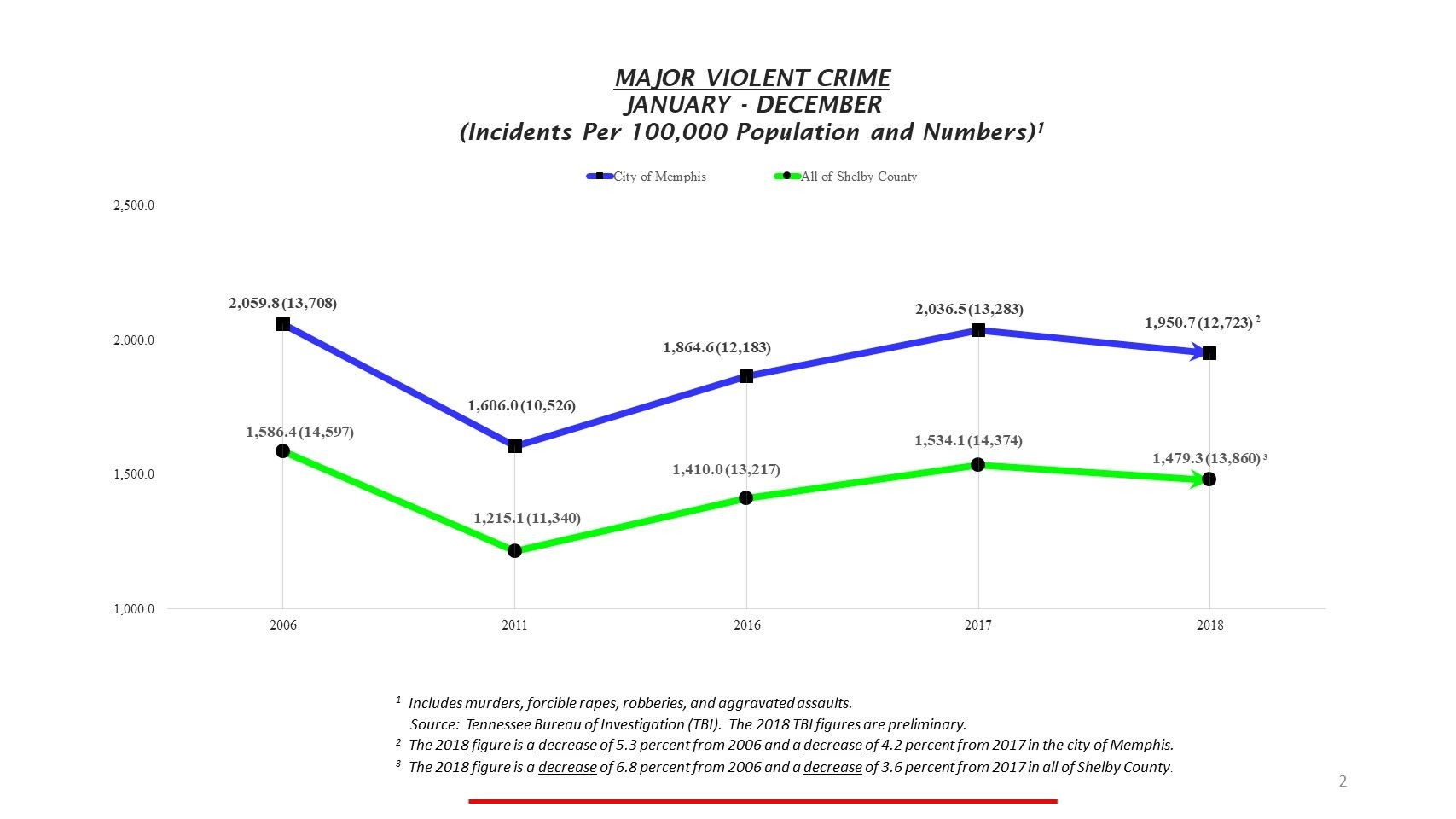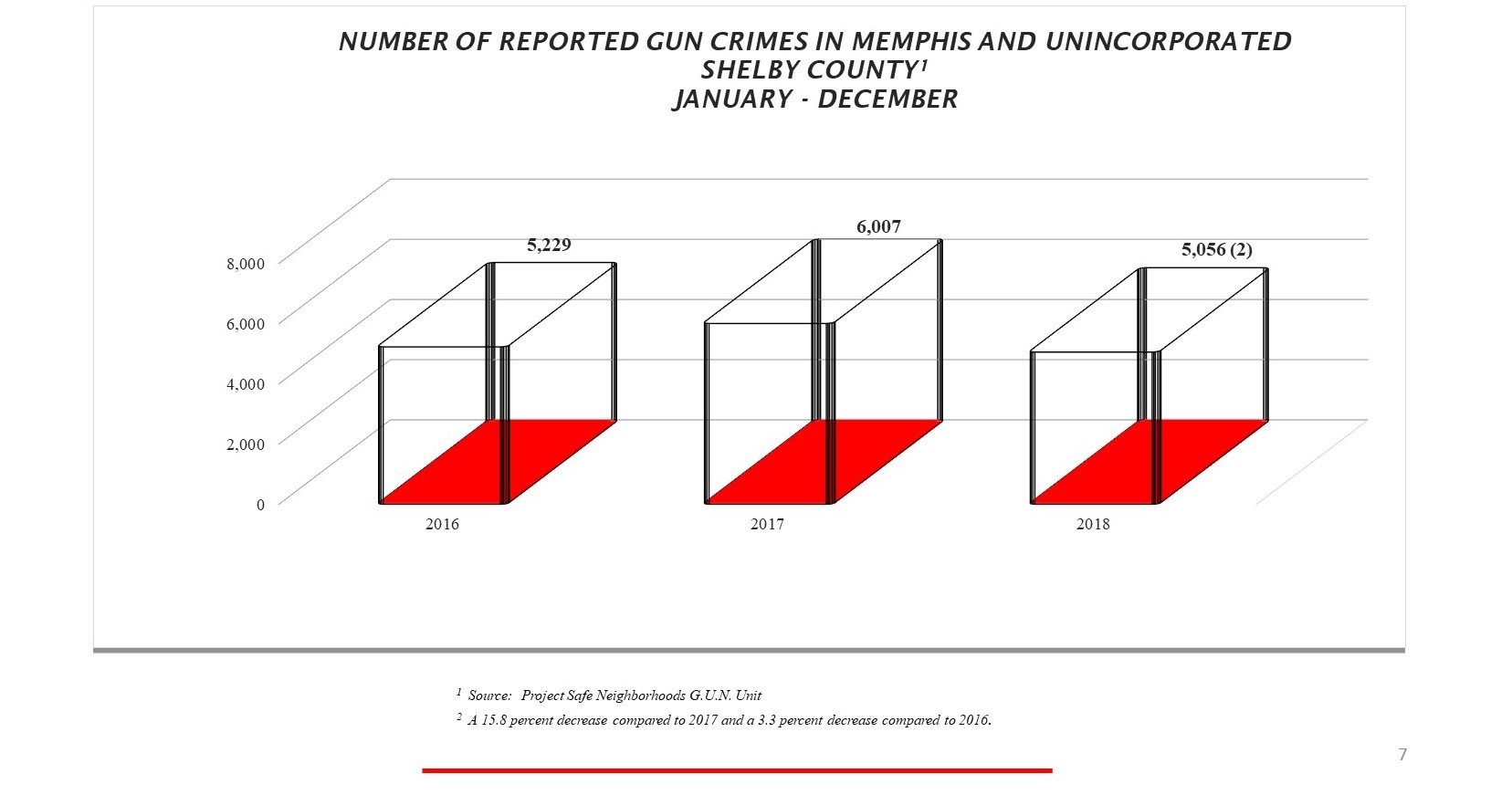On the 35th day of the partial shutdown, airports along the East Coast experienced significant staffing shortages. Air traffic controllers calling in sick put pressure on the shutdown as flights were delayed in major airports including LaGuardia.
A little over a week ago, federal workers had organized actions demanding an end to the government shutdown. In Memphis, workers rallied outside the IRS’ Memphis Service Center and Downtown at the Civic Center Plaza. More than a thousand IRS workers in the city were told to go back to work without pay.

Serenity Towers
With the partial shutdown now over with the passing of the short-term funding bill, federal employees will be expecting their pay soon, but coming back from the effects of the shutdown will take much longer. As we’ve seen and heard, testimonies have demonstrated how the shutdown has impacted the day-to-day lives of people.
For the residents of Serenity Towers, the shutdown has meant the threat of eviction from their homes. Serenity Towers is an independent living apartment complex on Highland for senior citizens and folks with disabilities. Many seniors living in the apartments receive benefits from the Department of Housing and Urban Development that pay most of their rent. With the shutdown and HUD offices closed, these residents weren’t receiving the assistance that they needed. CNN reported that HUD wasn’t able to renew over 1,600 of the contracts that they have with privately owned businesses, and while HUD claimed that the expiration of these contracts would not mean immediate evictions, residents at Serenity have reported that eviction notices for some had already gone out.
Part of this has to do with the immediate effects of the shutdown and part of it with the management of Serenity at Highland that is currently run by Millennia Housing Management. Early in January, the management sent more than 50 notices to senior tenants, claiming that they owed Millennia money. Many were also sent eviction notices.
Unfortunately for the seniors at Serenity, it is not the first time that the state of their housing security has been questionable, to say the least. For years, under the management of Global Ministries, Serenity and other housing options have left vulnerable populations living in deplorable conditions. The relatively new management of Millennia, which came on last year, brought some sense of hope for change, but in the past months, safety and health inspections of Serenity suggest that not much is changing. That, on top of the shutdown, meant residents were threatened with being unhoused, in danger of not even having a roof over their head.
Residents of Serenity will continue their fight, as they were doing well before the shutdown — and during it. We need to stand with them, support them, and amplify their voices. No one should face housing insecurity. Not in our city and not anywhere else, but that is the reality for many folks. We don’t even have accurate numbers of those who currently are unhoused. The recent Point in Time Count, while it offers some understanding as a snapshot of the population of people experiencing homelessness in Memphis, cannot fully account for everyone, especially when held in one of the coldest days in January.
Those articles that show Memphis as one of the most affordable cities to live? That really applies if you have a salaried job. For example, if you are renting a two-bedroom house for $850, and the cost of one month of housing should be a third of your monthly wages, then you should be earning $2,550 a month (that’s $1,275 every biweekly pay day for 80 hours of work). That means that you should be earning about $15.94 per hour (after taxes) just to make rent on a full-time job. Here’s the thing: Tennessee hasn’t changed its minimum wage since 2008. If you have a full-time job at $7.25 (that’s $1,160 a month) … Well, I’ve never even seen a decent room go for under $400, let alone an apartment or house.
Without going further into the math, I think it’s pretty clear how all these problems add up. It’s hard for people today to find housing, much less to save up and secure comfortable, dignified housing for the future, when they aren’t able to work. We’re already seeing how this impacts senior residents. For those who have no support networks, or no family or friends to reach out to, housing insecurity is even more real. Though the end of the shutdown means federal workers will receive their pay and that housing assistance will be delivered, we need to also consider how to address the stack of problems that were added on because of it. That, of course, can get overwhelming, but we know that folks like the senior tenants at Serenity Towers are already doing the work by making themselves heard and not accepting the unjust conditions created by companies like Millennia.
Aylen Mercado is a brown, queer, Latinx chingona and Memphian pursuing an Urban Studies and Latin American and Latinx Studies degree at Rhodes College.





 Memphis and Shelby County Crime Commission
Memphis and Shelby County Crime Commission  Memphis and Shelby County Crime Commission
Memphis and Shelby County Crime Commission  Memphis and Shelby County Crime Commission
Memphis and Shelby County Crime Commission  Memphis and Shelby County Crime Commission
Memphis and Shelby County Crime Commission 

 Carla McDonald
Carla McDonald 

 Countywide Juvenile Justice Consortium
Countywide Juvenile Justice Consortium 